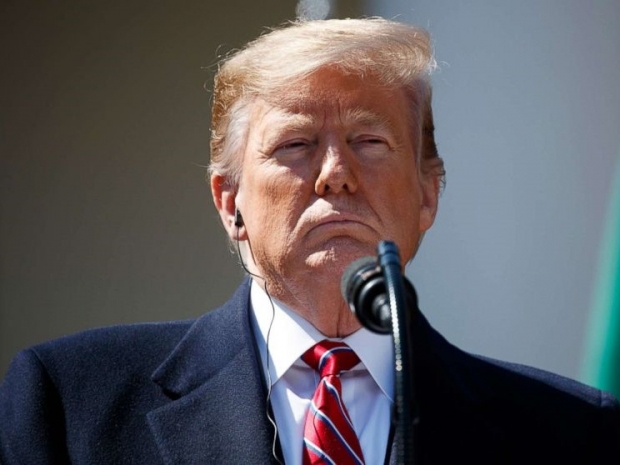It is not clear why the US would be so dumb to do that as it has relied on the UK to make up gaps in its own spying efforts which are limited by that pesky constitution.
Britain is expected to make a final call on how to deploy Huawei equipment in its future 5G networks later this month. It has been weighing US-led allegations that Huawei’s telecoms equipment could be used to spy against Britain’s relationship with Beijing and industry warnings that banning the firm outright would cost billions of dollars.
Huawei, the world’s biggest maker of mobile networking equipment, has repeatedly denied the allegations and the US has never been able to provide anyone with proof.
US Secretary of State Mike Pompeo is expected to press British Foreign Secretary Dominic Raab over Huawei at a meeting in Washington, the sources said.
Ahead of the decision, Washington had planned to send a delegation, including deputy national security adviser Matt Pottinger, to meet with British officials this week, sources said. But the trip was cancelled at the last minute, two of the people said, due to bad weather.
Last month, the United States passed legislation that included a little-noticed provision bolstering threats to restrict intelligence-sharing with allies that use Huawei equipment.
Washington is seen to be “cocking the pistol”, said a person with knowledge of the British government’s position on Huawei. “What’s unclear is how, when or indeed if it will actually be fired.”
A UK government spokesman said: “The security and resilience of the UK’s telecoms networks is of paramount importance. The government continues to consider its position on high-risk vendors and a decision will be made in due course.”
A provision of the U.S. 2020 defence spending law, signed by President Donald Trump in December, directs intelligence agencies to consider the use of telecoms and cybersecurity infrastructure “provided by adversaries of the United States, particularly China and Russia”, when entering intelligence-sharing agreements with foreign countries.
The provision, added by Republican Senator Tom Cotton, was aimed in particular at members of the Five Eyes intelligence-sharing alliance made up of the United States, Britain, Canada, Australia and New Zealand, and was intended as a “a first shot across the bow”, said a person familiar with the matter.




